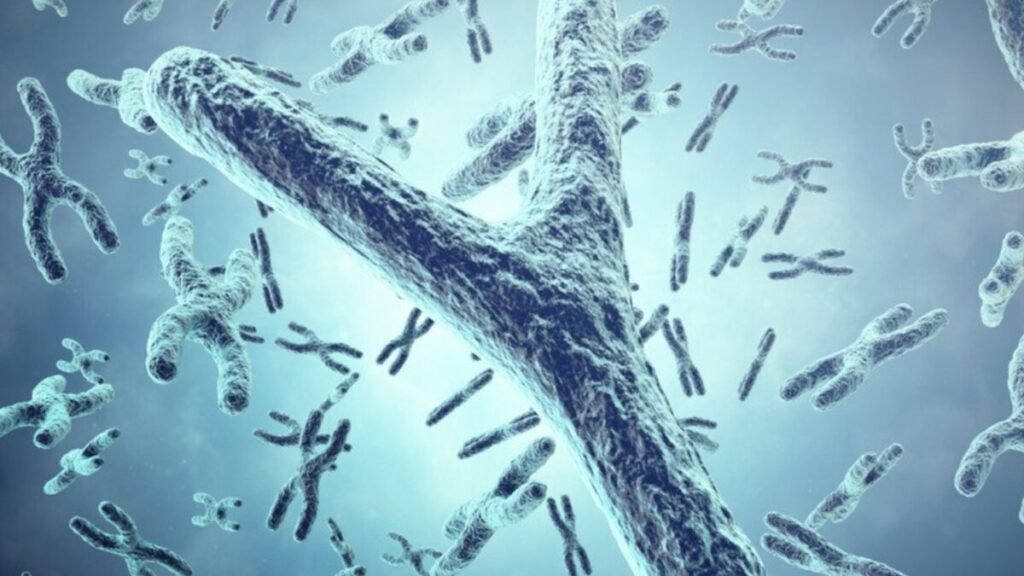The Potential Extinction of the Y Chromosome: A Threat to the Male Genetic Marker

Understanding the Future of the Y Chromosome
Debate over the future of the Y chromosome has been dividing the scientific community for decades. Some studies argue that its progressive degeneration brings it closer to an inevitable end. Others claim that, despite its reduced size, this tiny fragment of DNA has achieved a stability that will allow it to resist for millions of more years. Understanding its destiny not only involves deciphering our evolutionary history but also questioning the future of the male gender.
What is the Y chromosome and why does it matter
The Y chromosome, the sex pair that determines our biological sex. While women have two X chromosomes (XX), men possess one X and one Y chromosome (XY). This latter is small, with few genes, but it harbors the most crucial one: the SRY, which activates the development of male characteristics in the embryo.
An isolated and vulnerable chromosome
Unlike other chromosomes, the Y does not recombine easily with its homolog. This has caused it to lose genes over generations. Calculations indicate that it has already lost around 97% of its original genes. Hence the hypothesis: if the trend continues, could it disappear in a few million years?







